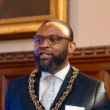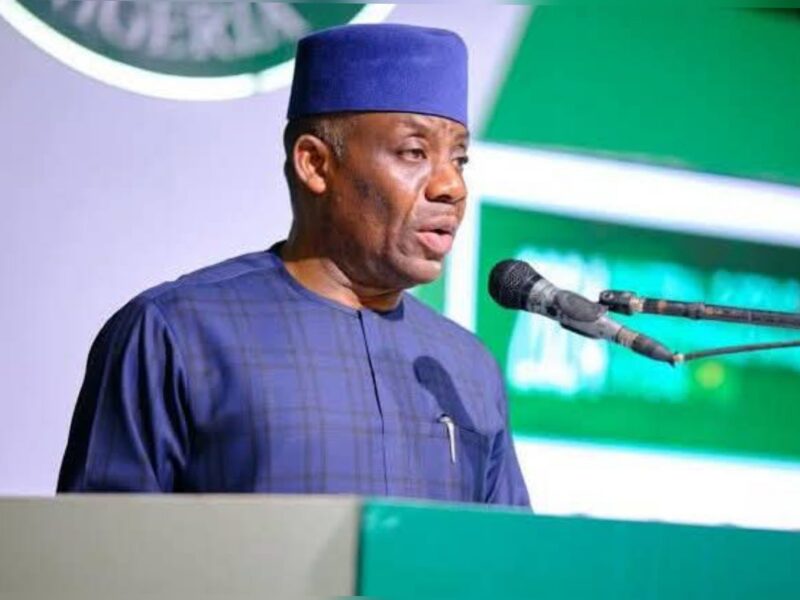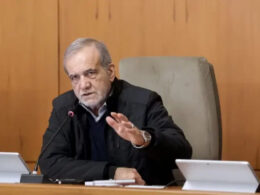Abuja, Nigeria – The Minister of Education, Tunji Alausa, has announced that Nigerian History will once again be taught as a subject in primary and secondary schools, following a directive from President Bola Tinubu.
Speaking on Channels Television’s End-of-Year Special Review Show on Tuesday, Alausa confirmed the mandate, describing it as a significant step toward strengthening national identity and cohesion.
This development comes after a 13-year hiatus since the subject was removed from the basic education curriculum in 2009 during the administration of former President Umaru Musa Yar’Adua. The removal was attributed to students’ declining interest and limited job opportunities for history graduates, as well as a shortage of qualified history teachers.
Earlier, the News Agency of Nigeria (NAN) reported that the reintroduction of the subject was formalized during an inauguration ceremony in Abuja, presided over by the former Minister of Education, Adamu Adamu. Represented by the Minister of State for Education, Goodluck Opiah, Adamu expressed concern over the consequences of history’s removal from the curriculum, citing the erosion of moral and civic values and a lack of understanding of Nigeria’s evolution.
3,700 History Teachers to Be Trained
Adamu disclosed that 3,700 teachers have been shortlisted for the first phase of training to ensure effective teaching of history. “The absence of this subject has created a disconnect from the past and contributed to the decline in national cohesion,” he said, emphasizing the importance of equipping educators with the necessary skills to teach the revised curriculum.
The training initiative, conducted in collaboration with the Universal Basic Education Commission (UBEC) and the Nigerian Educational Research and Development Council (NERDC), aims to enhance teachers’ capacity to deliver the subject. According to UBEC Executive Secretary, Dr. Hamid Bobboyi, 100 teachers were selected from each of Nigeria’s 36 states and the Federal Capital Territory (FCT) for training, ensuring nationwide coverage.
Bobboyi highlighted modifications made to the subject content to reflect contemporary needs and priorities, adding that the move aligns with the government’s broader efforts to restore civic and moral values in education.
Significance of Reintroducing History
Education officials at the event described the abolition of history as a “monumental mistake” that contributed to a loss of national identity. “History was once a foundational subject in Nigerian schools. Its removal deprived students of valuable knowledge about the evolution of Nigeria as a nation,” said Adamu.
The reintroduction is expected to bridge this gap by fostering a deeper understanding of Nigeria’s past, promoting national unity, and addressing the moral and civic challenges facing the country.










Join our Channel...